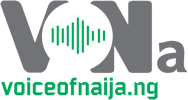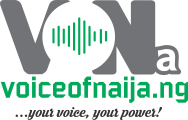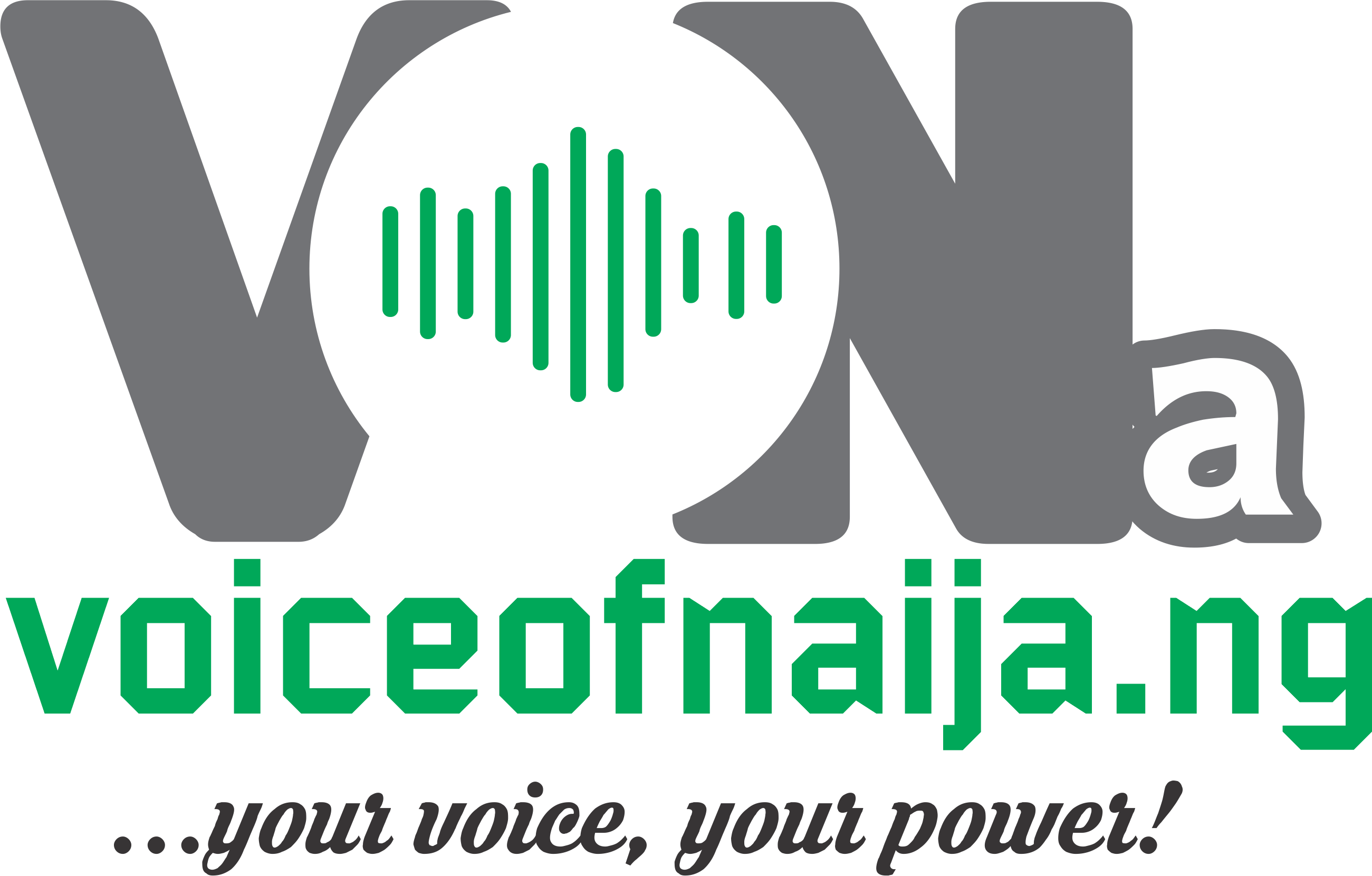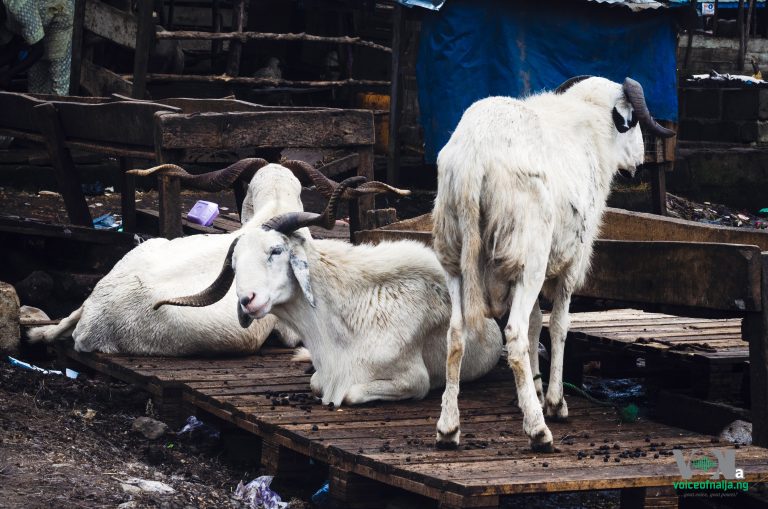KARA, Nigeria (VOICE OF NAIJA) – The festival of slaughtering and Sacrifice, popularly known as “Eid al-Adha” is celebrated around the world by Muslims faithfuls.
One of the most important festivals is the Eid-al-Adha, observed on the 10th day of Dhu al-Hijja, which is the twelfth and final month in the Islamic Calendar.
It is the month in which the Hajj and Eid al-Adha take place. It is characterized, like the “Eid-al-Fitr”, the second of two great Islamic festivals, where recitation of communal prayer (Salat- Eid-al-Adha) at sunrise.
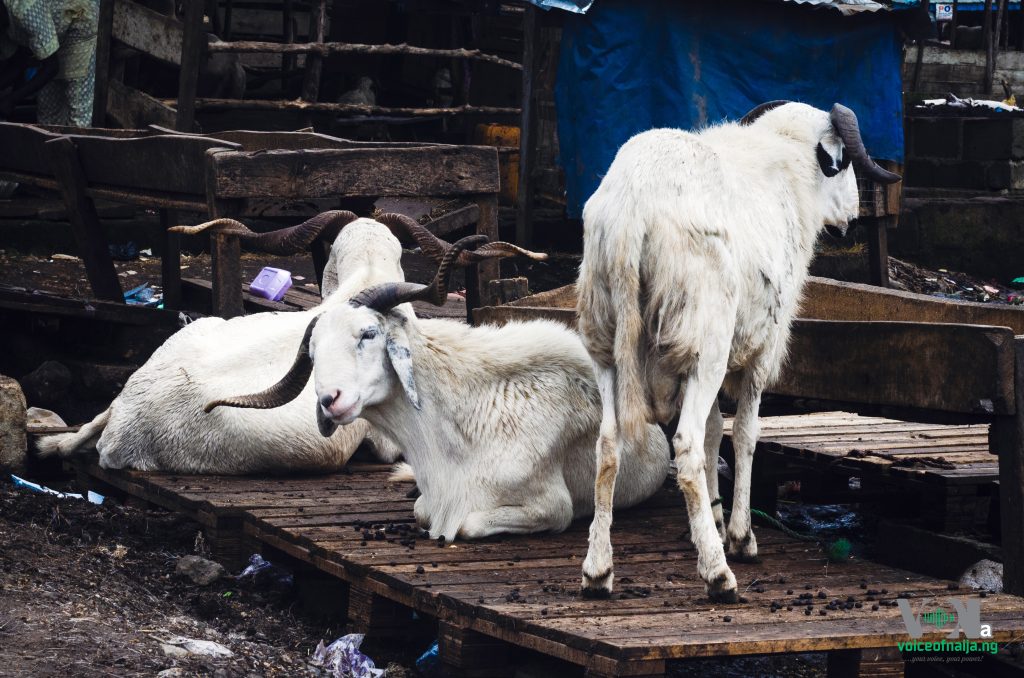
Eid-al-Adha celebrates Prophet Ibrahim’s willingness to sacrifice his son to express his devotion to God.
Believers who can afford to sacrifice animals like cow, camel, sheep or goat which play symbolic role during this celebration, do so and then distribute the flesh equally among themselves, friends and neighbors as well as the impoverished.
Voiceofnaija.ng’s Oluwapelumi Shemuel took a tour around markets in Ogun State, to find out how recent economic situations are affecting the sales and purchase of rams in the market.
The removal of the fuel subsidy and reforms in the foreign exchange market means that not all Nigerians will participate in the ‘festival of sacrifice’ this year.
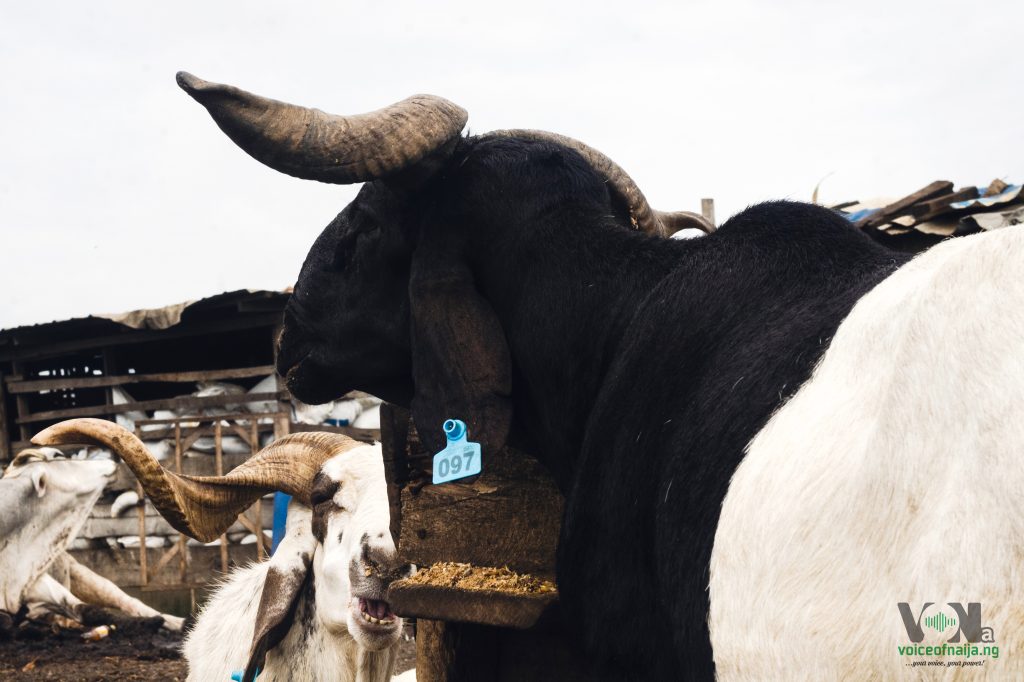
However, some traders in the livestock market claimed the increase in the price tag of ram and cow this year has not stopped patronage in comparison to last year when they made fewer sales despite the prices of the livestock being far less than what it is currently.
Majority of their buyers are well to do Nigerians, especially the politicians, who purchase the livestock in bulk.
“THE MARKET IS SLOW”
Waheed Olaoye, a trader in Isheri, Kara market, Ogun State, said the low level of patronage in comparison to last year is attributed to “the lack of money” in Nigeria.
“The market still on ground, because we do Salah for three days. Until next week before the prices come down.”
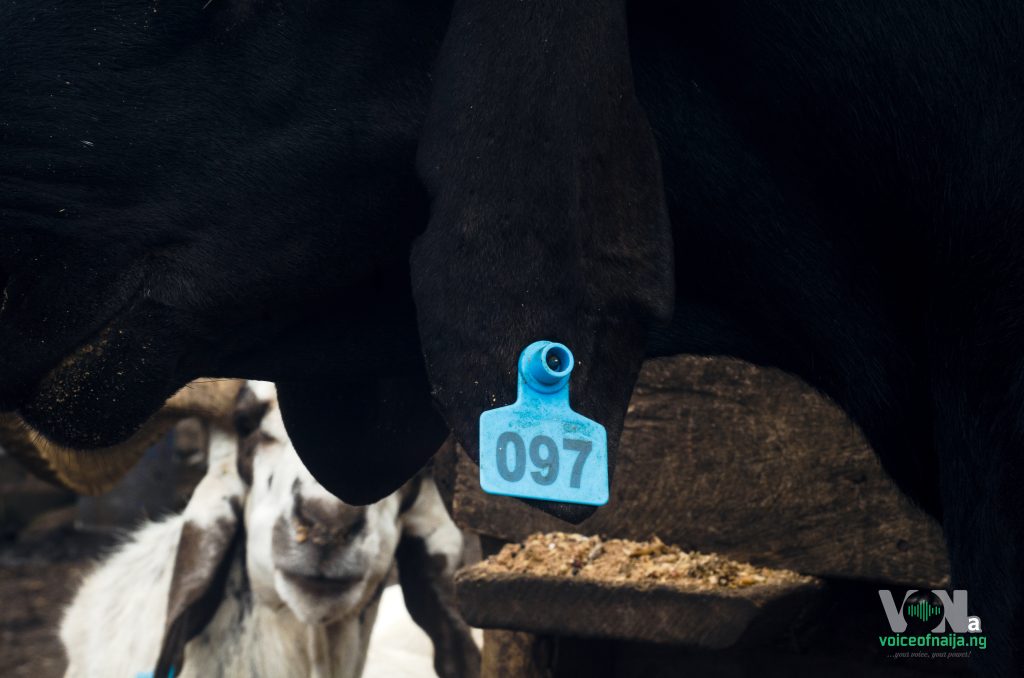
He further stated that fuel subsidy and no cash policy has directly impacted the sales of the livestock this year.
However, despite the harsh conditions, buyers still patronized them. Some even buy ten or fifteen of the livestock at once.
Niyi Ajayi, another trader in the market stated that they made sales in the business during this Islamic festival.
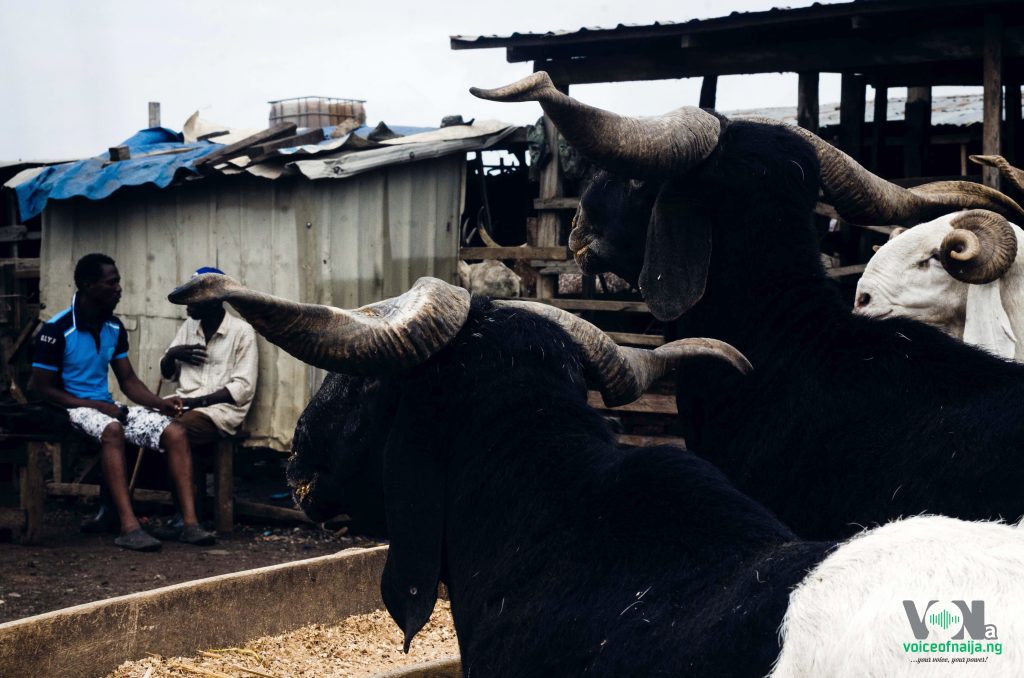
“This year, the politicians bought many rams and cow from us but individuals buyers were not many,” Ayaji said.
“As at now, the cost of the smallest ram here is N350,000, not many people can afford that money and talk less my cow, which ranges from N1.2 million to N1.8 million this year because of the fuel subsidy, compared to last year when the smallest ram was sold for between N170,000 – N180,000.”
